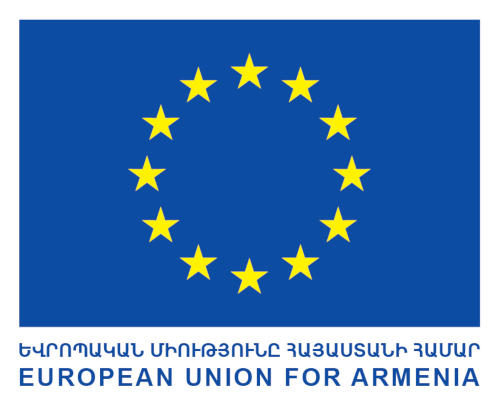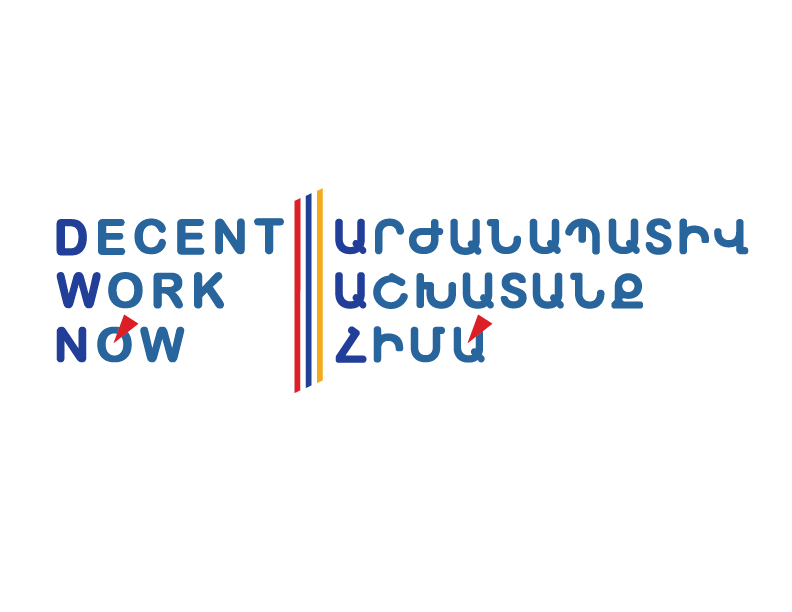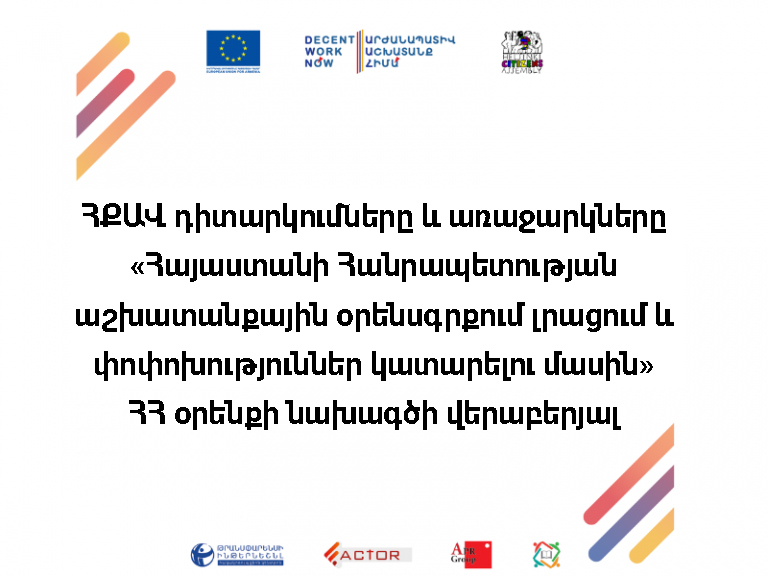


The RA Ministry of Justice put for public discussion the RA draft law “On making an amendment and an addendum to the RA Labor Code”, which envisaged establishing a separate procedure of calculating payment for enforced idleness in case of being employed for a different job during the period of enforced idleness.
Noteworthy, the Republic of Armenia has signed and ratified the Revised European Social Charter on labor rights, which implies that any amendment to labor legislation should be in line with the obligations undertaken by the state in the frame of the Charter. In addition, the Republic of Armenia and the European Union signed the Comprehensive and Enhanced Partnership Agreement in 2017, whereby the Republic of Armenia undertook an obligation to ensure approximation of RA legislation to the European Union law, including in terms of labor legislation.
The draft regulations related to establishing a separate procedure of calculating payment for enforced idleness in case of being employed for a different job during the period of enforced idleness are rather problematic and contradict workers’ right to protection in cases of termination of employment as enshrined in Article 24 of the Charter, as well as comments and conclusions issued by the European Committee of Social Rights (hereinafter referred to as Committee) – which monitors implementation of the obligations undertaken by the Charter – regarding Armenia.
In particular, the draft proposes to provide the worker with the right to compensation for material damage only in case the worker did not have a different employment during the period of enforced idleness or received a salary less than he/she had received during the former employment. The draft is substantiated with the legal positions presented in the RA Cassation Court’s decision of 11.03.2022 in the frame of civil case N ՍԴ2/0208/02/16. Whereas, the proposed regulation is inadmissible both in terms of international obligations undertaken by the state, and restoration of the worker’s violated rights in case of being illegally dismissed, and prevention of illegal termination of employment.
The compensation provided to the worker in case of illegal dismissal is not only aimed at proper compensation of the expenses incurred by the employee or, in other words, restoration of the employee’s violated right, but also prevention of violation of employees’ rights by the employer. However, the draft regulation is not meant to prevent further violation of employees’ rights by the employer, since recognizing invalid the order of terminating the employment will not entail any consequences for the employer in case the employee had an employment with a higher salary, and the employee will not receive compensation for the damages incurred.
Therefore, the draft regulation not only does not go in line with the guarantees enshrined in Article 24 of the Charter, but vice versa, it is an essential setback in terms of restoration of employees’ violated rights and prevention of violation of employees’ rights by the employer, as well as in the context of international obligations undertaken by the RA.
Taking the aforementioned into account, we recommend withdrawing the draft from circulation.





